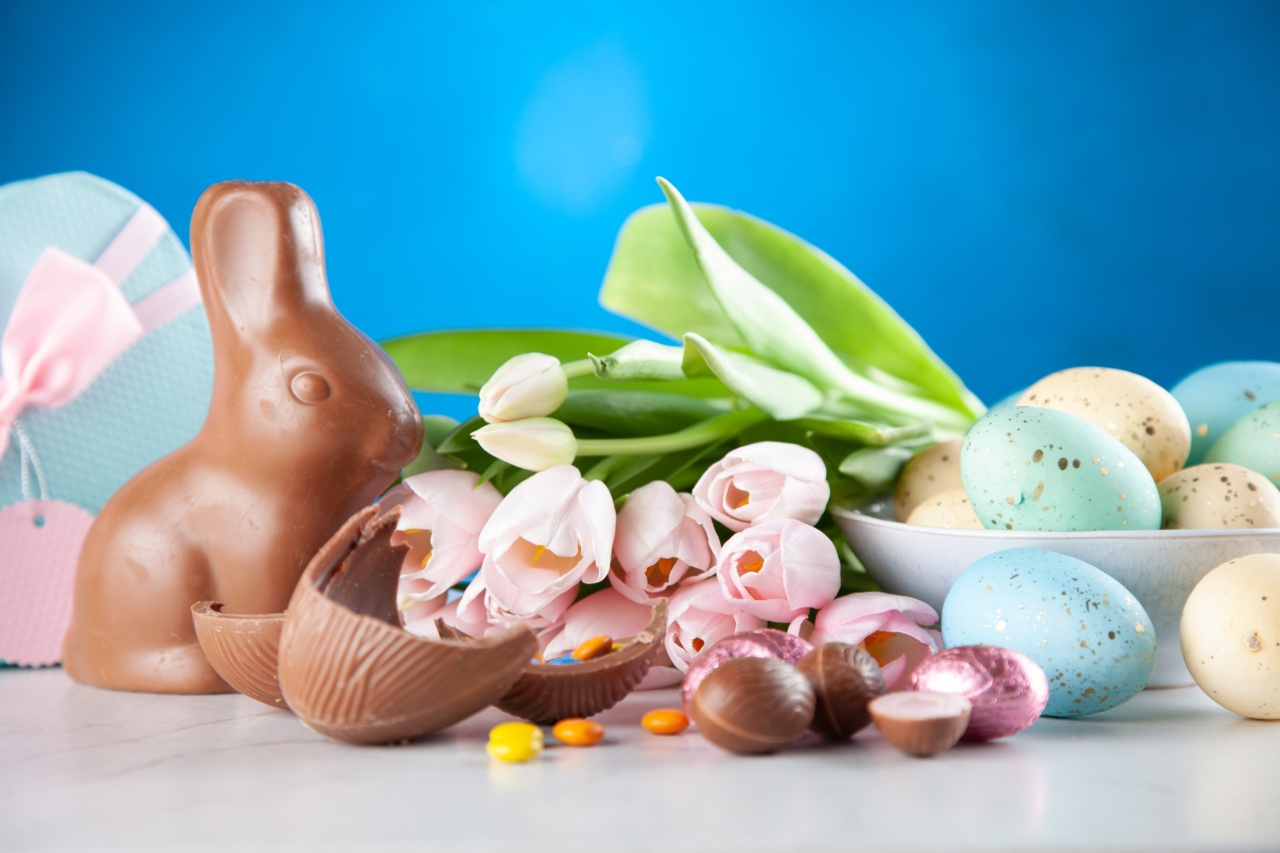With the festive season upon us, many of us may be indulging in all sorts of delicious treats and meals. However, it’s important to keep in mind how our food choices can affect our cholesterol levels.
High cholesterol can increase the risk of heart disease and stroke, so it’s crucial to make informed decisions when it comes to our diet.
Understanding Cholesterol
Cholesterol is a type of fat that is found in our blood. It plays an important role in our body, as it helps to build cells, produces hormones and vitamin D, and aids digestion.
However, when we have too much cholesterol in our blood, it can build up in our arteries and increase the risk of heart attacks and strokes.
There are two types of cholesterol: LDL (low-density lipoprotein) and HDL (high-density lipoprotein). LDL is commonly referred to as “bad” cholesterol, as it contributes to the build-up of plaque in our arteries.
HDL, on the other hand, is often referred to as “good” cholesterol, as it helps to remove excess cholesterol from our blood.
Foods to Avoid: The Festive Table
During the festive season, we tend to consume more high-fat foods and sweets. Here are some foods to avoid or limit if you’re looking to manage your cholesterol levels:.
Saturated and Trans fats
Saturated and trans fats are found in many foods, such as red meat, butter, cheese, and baked goods. These types of fats can raise LDL levels and should be limited in your diet.
Fried Foods
Fried foods are often high in saturated and trans fats, as they are usually cooked in oil. Opt for baked or grilled options instead to reduce your intake of these unhealthy fats.
Processed Meats
Processed meats, such as sausages and deli meats, are often high in sodium and saturated fats. These should be limited in your diet, as too much sodium can raise blood pressure and increase the risk of heart disease.
Sweets and Desserts
Sweets and desserts, such as cookies, cakes, and chocolates, are often high in sugar and saturated fats. It’s okay to indulge in moderation, but try to opt for healthier alternatives, such as fruit or dark chocolate, instead.
The Festive Table: Foods to Include
While there are certainly foods to avoid, there are also plenty of delicious options that can help to manage cholesterol levels. Here are some foods to include in your festive meals:.
Fruits and Vegetables
Fruits and vegetables are packed with vitamins, minerals, and fiber, which can help to lower LDL levels. Make sure to include plenty of colorful produce in your meals.
Whole Grains
Whole grains, such as brown rice, whole wheat bread, and quinoa, contain fiber and nutrients that can help to manage cholesterol levels. Look for whole grain options when choosing breads, pastas, and cereals.
Fatty Fish
Fatty fish, such as salmon and tuna, are high in omega-3 fatty acids, which can help to lower triglycerides and raise HDL levels. Aim to include fatty fish in your meals at least twice a week.
Nuts and Seeds
Nuts and seeds are a great source of healthy fats and nutrients. Walnuts, almonds, and flaxseeds, in particular, are high in omega-3 fatty acids and can help to manage cholesterol levels.
Conclusion
While it’s important to indulge and enjoy during the festive season, it’s also crucial to make smart food choices that can help to manage cholesterol levels.
By avoiding or limiting high-fat and processed foods and incorporating healthy options such as fruits, vegetables, whole grains, fatty fish, nuts, and seeds, you can enjoy delicious and nutritious meals that are good for your heart.




























